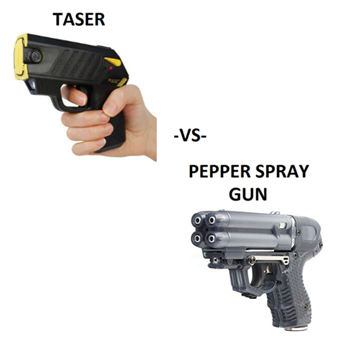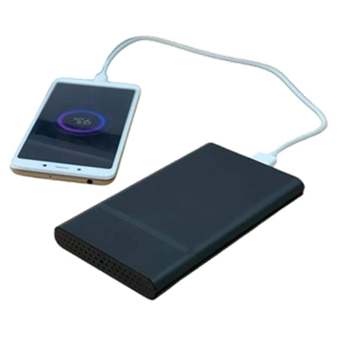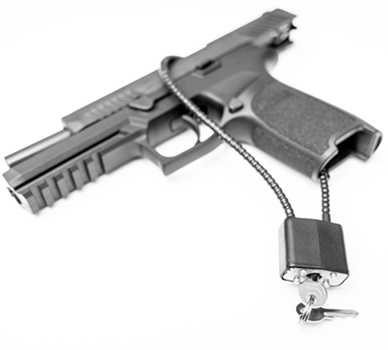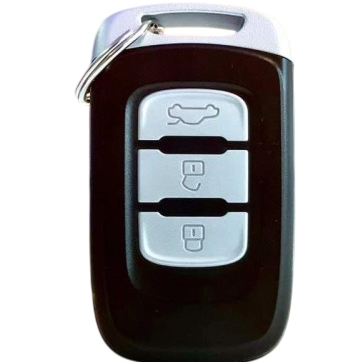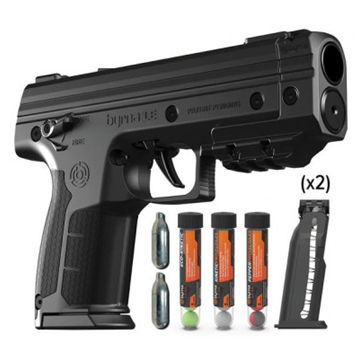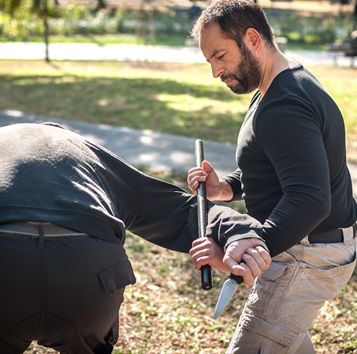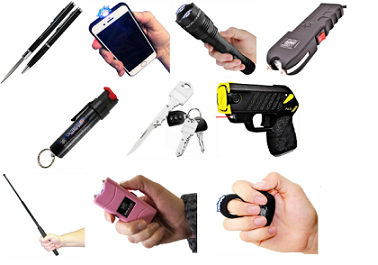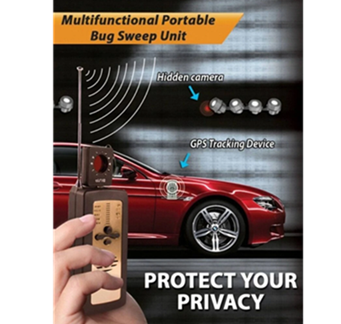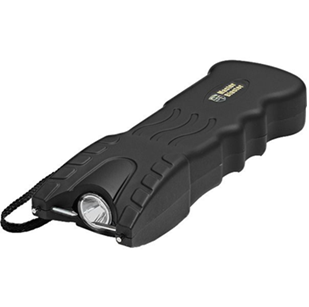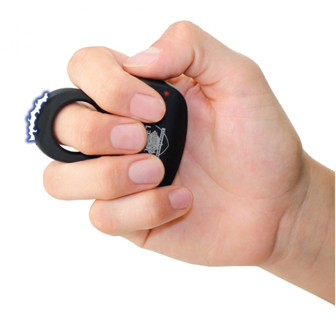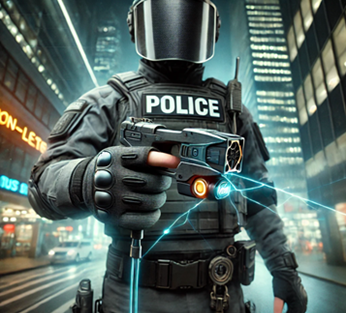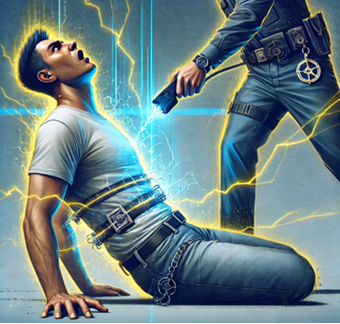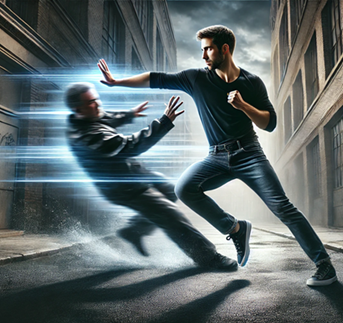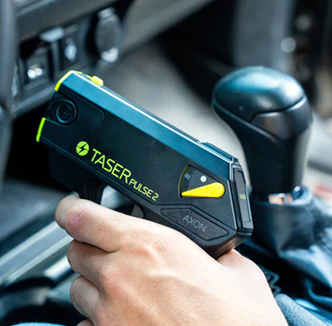Debunking Common Misconceptions about TASERs
 In today’s charged climate of public safety debates, TASER energy weapons (TEWs) often spark confusion. Are they dangerous? Do they cause permanent harm? Can they replace firearms? Let’s cut through the noise and explore the science, stats, and stories behind these devices—tools credited with saving over 300,000 lives and deployed 5+ million times globally.
In today’s charged climate of public safety debates, TASER energy weapons (TEWs) often spark confusion. Are they dangerous? Do they cause permanent harm? Can they replace firearms? Let’s cut through the noise and explore the science, stats, and stories behind these devices—tools credited with saving over 300,000 lives and deployed 5+ million times globally.
Myth-Busting 101: The TASER Lowdown
Myth #1: “TASERs Are Just Like Stun Guns”
Reality Check: Think Apples vs. Oranges
Stun guns are contact-based pain devices, while TASERs are projectile tools that disrupt muscle control. Imagine a stun gun as a handheld “zapper” that requires you to press it against an attacker. A TASER, meanwhile, shoots probes up to 15 feet, overrides the nervous system, and drops a threat in seconds. Hollywood loves to blur this line, but in reality, TASERs are in a league of their own.
Myth #2: “High Voltage = High Danger”
Reality Check: Voltage Isn’t the Villain
Yes, TASERs pack up to 50,000 volts—enough to arc through thick clothing. But voltage alone isn’t harmful. It’s the current (amps) that kills. A TASER’s current is microscopic (1-2 milliamps), comparable to the buzz of a smartphone charger. For context, a toaster uses 1,000x more current. TASERs use high voltage to reach targets but low current to ensure safety.
Myth #3: “TASERs Can Fry Your Heart”
Reality Check: Designed for Safety
TASERs employ a proprietary waveform called Neuro-Muscular Incapacitation (NMI). This pulsed current overwhelms motor function without disrupting the heart’s rhythm. Studies show that even in high-risk cardiac scenarios, TASERs have a 0.25% injury rate—lower than tackles or pepper spray. For perspective, you’re more likely to trip fleeing a threat than suffer cardiac harm from a TASER.
The Tech Behind the Tool
How TASERs Work: A 5-Second Timeout
When probes hit a target, they create a circuit that sends rapid electrical pulses. These pulses mimic your brain’s signals, forcing muscles to contract uncontrollably. The result? A five-second “system reboot” where the attacker can’t move. Once the cycle ends, normal function resumes—no permanent damage, no lingering pain.
Pro Tip: The ideal probe spread is 12+ inches apart. Wider spread = more muscle groups engaged = faster incapacitation.
TASERs vs. The Human Body: By the Numbers
-
300+ Studies: Peer-reviewed research confirms TASERs’ safety profile.
-
99.75% Injury-Free: In 1,201 field cases, fewer than 0.25% resulted in serious harm.
-
5 Million Deployments: From rowdy bar fights to hostage situations, TASERs have a proven track record.

TASERs in Action: Real-World Scenarios
Case Study: The Mall Standoff
In 2022, Arizona police used a TASER 10 to subdue an armed suspect without gunfire. The probes struck his torso, allowing officers to secure the weapon and arrest him unharmed. The alternative? A potential shootout in a crowded space.
Civilian Success Story
A jogger in Texas fended off an aggressive dog with a civilian TASER Pulse. The 30-second cycle gave her time to escape, while the dog recovered unhurt.
Debunking the “What Ifs”
“What If I Have a Pacemaker?”
Pacemakers are built to withstand 300-joule AED shocks. A TASER delivers 0.1 joules—3,000x weaker. While caution is wise, the risk is negligible.
“What If Someone’s on Drugs?”
NMI works regardless of mental state. Even PCP users can’t fight involuntary muscle lockdown.
“What If It’s Raining?”
Modern TASERs are water-resistant. Just avoid submerging them in your pool.
Civilian vs. Law Enforcement: What’s the Difference?
-
Civilian Models (e.g., TASER Bolt 2):
-
30-second cycles for escape.
-
Compact, discreet, Bluetooth-enabled for emergency alerts.
-
Legal in 49 states (excluding Rhode Island).
-
-
Police Models (e.g., TASER 10):
-
5-second cycles for quick restraint.
-
Digital logs for accountability.
-
No “stun mode”—only probe deployment.
-
The Future of Force: Beyond the TASER
Axon’s mission to halve gun violence in a decade hinges on innovation. The TASER 10, with its smart probes and reduced voltage, is just the start. Emerging tech like AI-driven threat assessment and drone-deployed TASERs could redefine public safety.
Your TASER Cheat Sheet
-
Voltage: 50,000V (arc) / <1,000V (body contact).
-
Current: 1.5 mA (safer than a 9V battery lick test).
-
Cycle Time: 5 sec (police) / 30 sec (civilian).
-
Legality: Check local laws at TASER® and Stun Devices Regulations by State.
Final Zap
TASERs aren’t perfect, but they’re a quantum leap from batons or bullets. By demystifying their design and deployment, we empower smarter conversations about non-lethal solutions. Whether you’re a cop, a civilian, or a curious skeptic, understanding TASERs means understanding a safer future.
Stay charged. Stay informed.
See cost of TASERs and stun guns
Company Info
Customer Service
Product Information
- TASER® and Stun Devices Regulations by State
- TASER® Safe Escape Product Replacement Guarantee
- TASER® Comparison Chart
- TASER® User Manuals
- TASER® Warranty Info
- Byrna Product Catalog
- PepperBall Manuals & Spec Sheets
- Pepper Spray Laws
- Air Gun Laws
- States that Restrict Automatic and Butterfly Knives
- Our Print Catalog


























